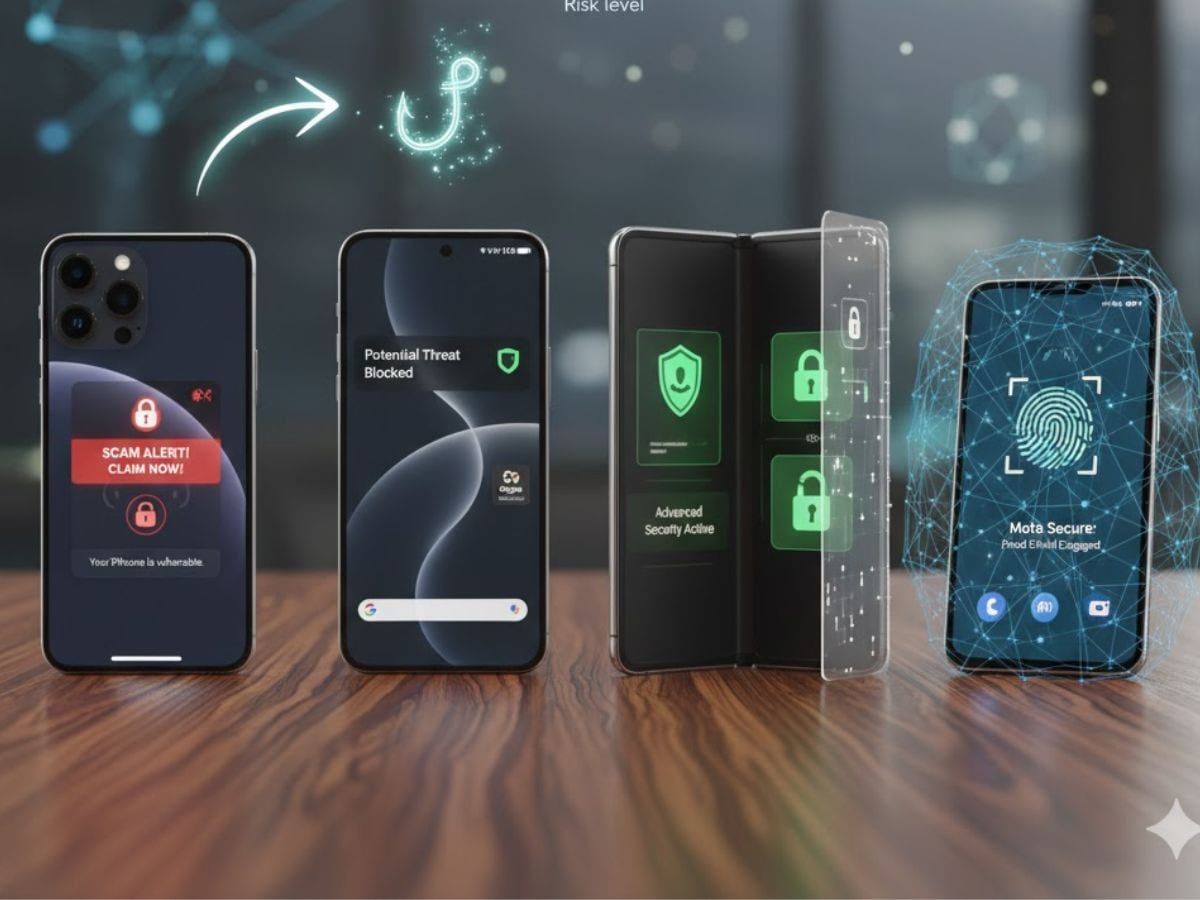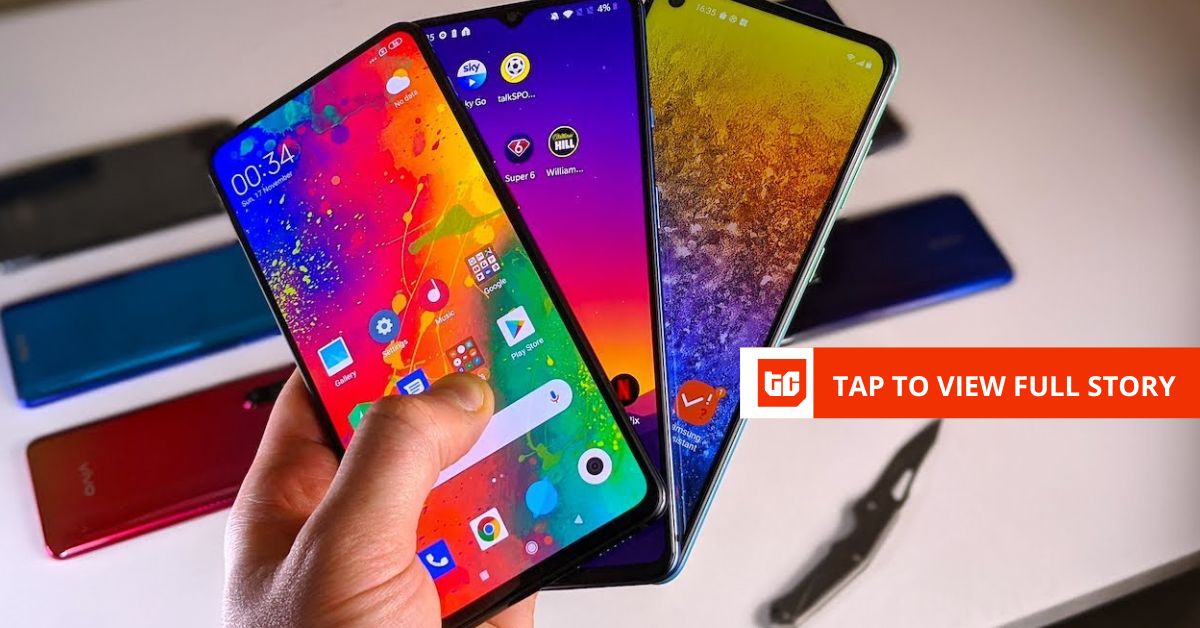Looks like the Android vs iPhone debate has taken a new turn and this time, it’s not about design or performance. It’s about security. A new Google-backed report suggests that the iPhone 17 might actually be more vulnerable to mobile scams and fraud compared to some of its Android rivals – including the Pixel 10 Pro, Samsung Galaxy Z Fold 7, and Motorola Razr+ 2025. Also Read: Beyond OpenAI ChatGPT! Apple To Partner With More AI Giants To Release Siri In 2026, Tim Cook Confirms
According to a study by Leviathan Security Group, 33 different security features were tested across four flagship smartphones – the Pixel 10 Pro, Galaxy Z Fold 7, iPhone 17 Pro, and Razr+ 2025. The idea was simple: to find out which phone offers stronger protection against scams, phishing attempts, and online fraud. Also Read: Motorola’s Next Slim Smartphone Teased In India! Moto G67 Power Set To Launch On Nov 5
The results? Android phones clearly took the lead. Also Read: Apple Plans OLED Display Upgrade For iPad mini, iPad Air, And MacBook Air: Here’s When To Expect
The Pixel 10 Pro came out on top with 31 points, followed closely by the Galaxy Z Fold 7 and Razr+ 2025, both scoring 29 points. Meanwhile, Apple’s latest iPhone 17 Pro trailed behind with 23.25 points.
Researchers noted that features like Google’s call screening, scam detection, and real-time warning systems gave Android devices a stronger defence line against suspicious calls and texts – something Apple still seems to be refining.
Is AI helping?
Interestingly, Google’s AI tools play a major role here. For example, Google Messages automatically filters spam texts by analysing the sender’s reputation and message content, the report added. Similarly, the Phone app uses on-device AI to block known spam numbers before the call even shows up on your screen.
A Google and YouGov survey also found that Android users were 58% more likely to report receiving zero scam messages in a week, compared to iPhone users. Pixel owners, in particular, seemed to enjoy the highest level of scam protection overall.
Should iPhone Users Be Concerned?
Not necessarily. iPhones still maintain a strong reputation for privacy and app-level security. But this report highlights a different kind of protection – one that deals with everyday scam calls and messages. With online fraud increasing globally, Android’s proactive, AI-driven safeguards seem to be giving it an extra edge for now.
So, while the iPhone 17 continues to impress with its design and performance, Android phones appear to have the upper hand when it comes to spotting – and stopping – potential scams before they reach you.











